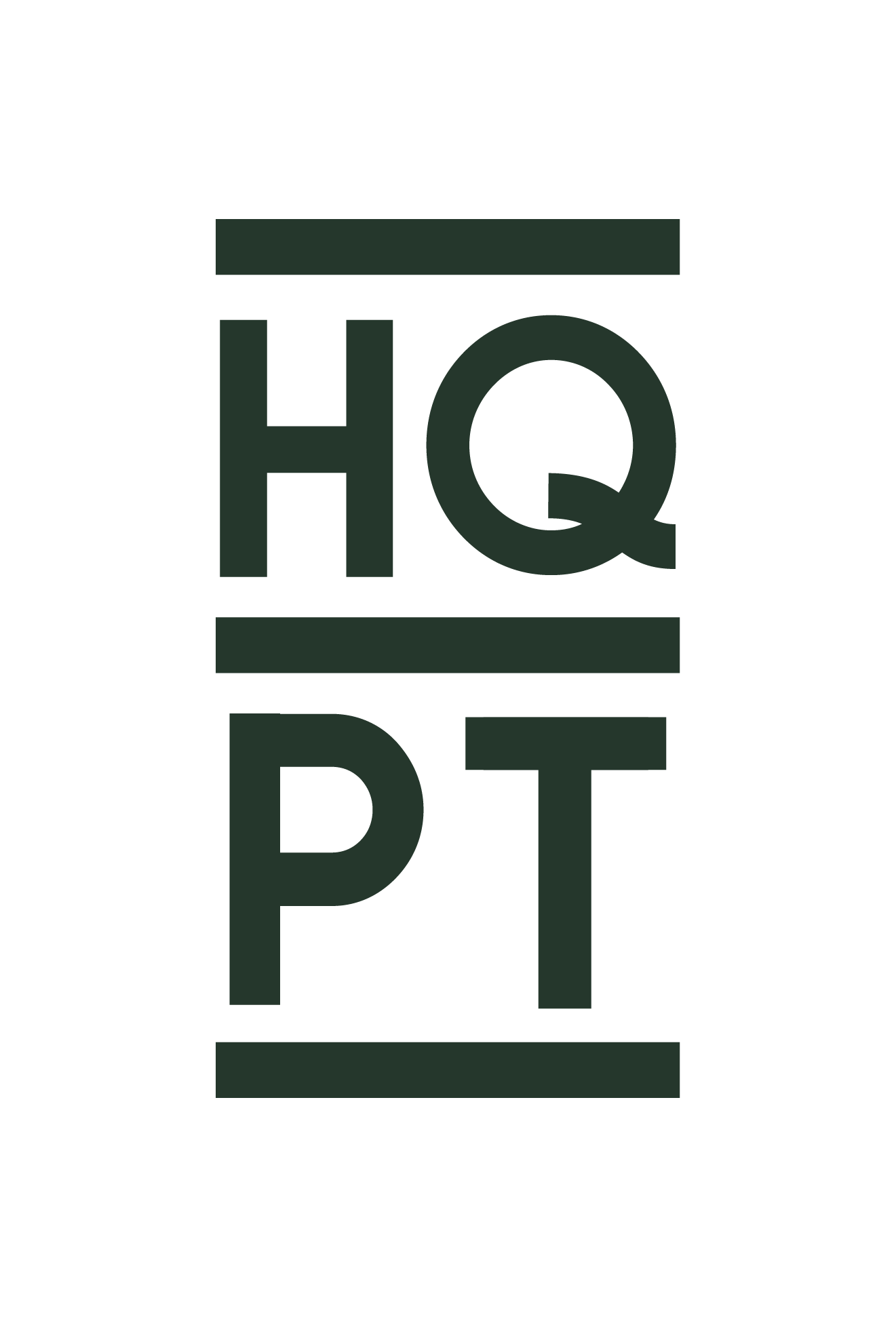HEART HEALTHY NUTRITION
We can’t talk about heart health without talking about food. Weight, cholesterol, blood pressure – all things that can affect heart health are highly influenced by what we eat. It is common to think about what we minimize in our diets to benefit our cardiovascular health - sodium, alcohol, and simple sugars.
Sodium
Reducing sodium intake is an important part of a heart healthy diet as it can contribute to high blood pressure if you have hypertension. The American Heart Association recommends healthy adults have not more than 2,300 mg of sodium per day, which is equivalent to about 1 teaspoon of salt. Canned, prepared and packaged foods tend to be high in sodium as it is used to preserve food so it may be beneficial to limit those or find lower sodium options.
Alcohol
Alcohol, in excess, can have negative effects on your blood pressure so it would be wise to be moderate in your consumption. That means 1 drink per day for women and 2 drinks per day for men.
Saturated Fat
Limit saturated fat to <5-6% of your daily caloric intake to reduce your risk of heart health complications. Examples of saturated fats include fatty cuts of beef, pork, and lamb, dark chicken meat, chicken skin, high fat dairy products, and tropical oils (coconut, palm, cocoa butter).
So what should you focus on eating?
Carbohydrates
Don’t be afraid! Just aim to choose whole grains. Whole grains are a great source of fiber and can help regulate blood pressure and decrease cholesterol levels. Beans and lentils are great foods to include in your diet as they are good sources of protein and fiber.
Proteins
Make sure to include protein from a variety of sources in your diet. Plant based options such as legumes and soy are a great option as well as ground turkey, skinless chicken breast, eggs, and fish.
Fats
Foods high in omega-3 fatty acid can help lower triglycerides. Examples include: olive oil, avocados, avocado oil, nuts, seeds and nut/seed butter, fatty fish such as salmon, and chia seeds and ground flaxseed.
Fruit and Vegetables
Eat more of them! These are foods that are high in different vitamins and minerals and also pack some punch when it comes to fiber. Try to stick to fresh or frozen to get the most nutrients.
Most importantly, take control of your portion size. As discussed above – in regards to heart health there are foods that are good to consume more of, and some less of. Allowing yourself a treat every once in a while is ok! However, eating too much of anything is not a good thing. Work to match your intake to your needs and maintain and healthy weight.
If you need assistance finding and maintaining your nutritional needs don’t hesitate to reach out to our registered dietitian, Michelle Tegenkamp, RD!

